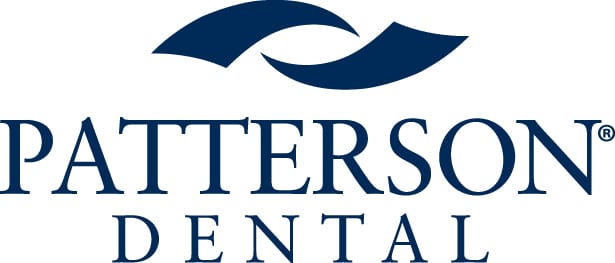By: Savanah Craig
If you work in the dental profession long enough, you’ll encounter patients who might get labeled as difficult for some of their requests in a dental chair.
These annoyances range from refusing to swallow their own saliva, questioning the need for radiographs, or refusing fluoride treatment.
Many dentists, hygienist, and dental assistants roll their eyes at these comments and either dismiss the patients’ concerns or ignore them completely.
While I don’t believe that you can win over every single patient, I think in certain circumstances we can help to redirect some of these patients’ concerns and gain their trust in the process.
Challenging Communication Examples & Tips
Let’s walk through some of these challenging communication scenarios that agitate us and discuss some ways we can address them and maybe earn some trust along the way.
1. The Patient Who Refuses to Swallow Their Own Saliva
Handling this scenario greatly depends on what treatment the patient is having.
If you’re using Etchant or a local anesthetic that has a bitter taste, I understand wanting some suction.
However, it seems like the minute a patient sits in the dental chair they forget that they spend all day swallowing their own saliva.
Reminding the patient that it is their own saliva and perhaps some water, can go a long way.
While you and your assistant are working elsewhere or setting up for an impression, you can offer the patient the saliva ejector to suction for themselves while they wait.
2. “I Heard the Radiation in X-Rays Cause Cancer, So I Don’t Want X-Rays.”
First, it is important to show the patient that you heard their concerns and are willing to understand them.
“I understand that you are concerned about the risk of radiation and want you to know that this is not something we take lightly.”
Then, explain to the patient that we are exposed to low levels of radiation all the time.
The radiation exposure during dental radiographs is less than that of an airplane ride.
Explain to the patient that the lead apron used during radiographs will protect them from unnecessary radiation and that protecting your patient is a priority in your office.
“Your health and safety is always our highest priority, but in order to address the pain/problem you’re having with your tooth today I need to take a radiograph to better evaluate what is going on.”
Stand firm in your decision to obtain a radiograph and understand that it is standard of care before providing treatment.
Some patients are simply looking to be heard and will be open to care when you show you can listen to and address their concerns.
3. “You’re Too Young To Be My Doctor.”
Depending on the personality of the patient there are many ways to approach this comment.
- “Thank you! I’ll be sure to let you in on my skincare routine later.”
- “Lucky for you, that means I am up to date on all of the latest advancements and technology in the dental field and can take great care of you!”
In many instances, the patient feels heard and you can move past this comment.
However, it is not your job as a new young dentist to convince the patient that you deserve to be their dentist.
You passed your classes and have obtained a license to practice dentistry. At the end of the day, there is no problem saying,
“I don’t think I am the right dentist for you and you’re happy to seek a second opinion elsewhere.”
These phrases may not work for you or for every patient you encounter, but I think it can be helpful to rehearse some of these difficult interactions in your head.
Have an idea of what you’re comfort level is to defuse these situations and be able to move forward with the necessary treatment!
Up Next: The Difficulty with Treatment Planning
Photo by Cedric Fauntleroy


